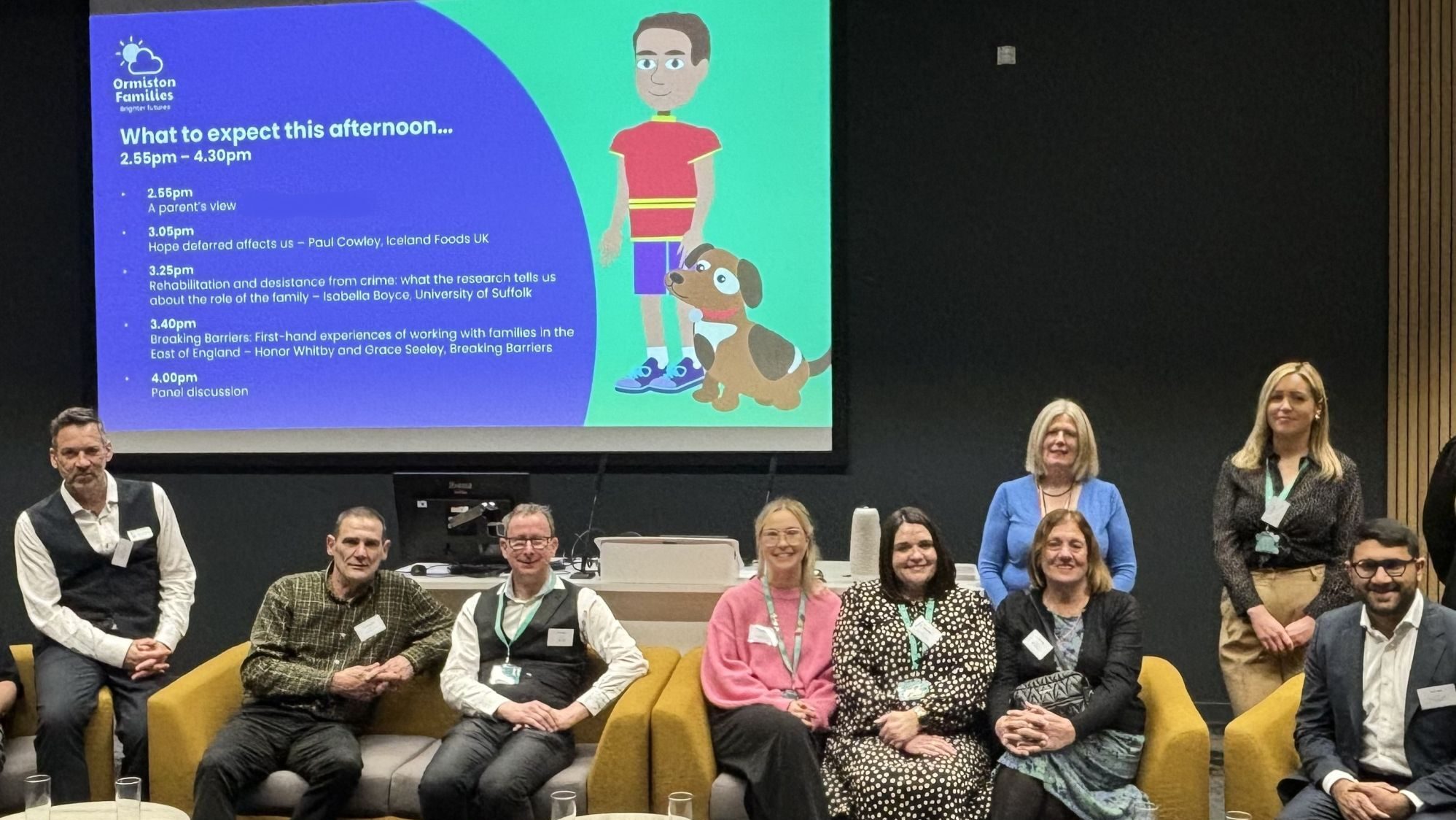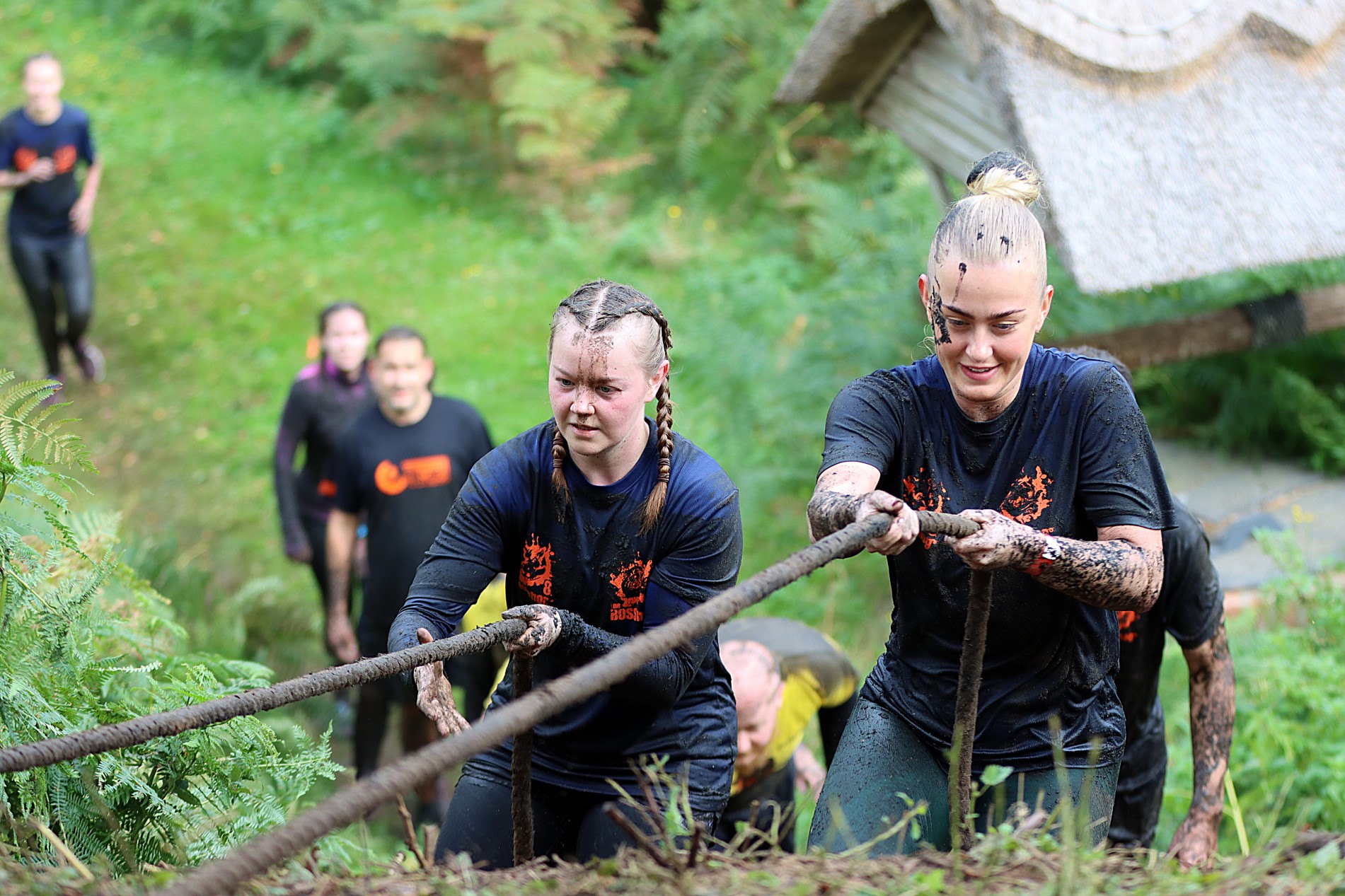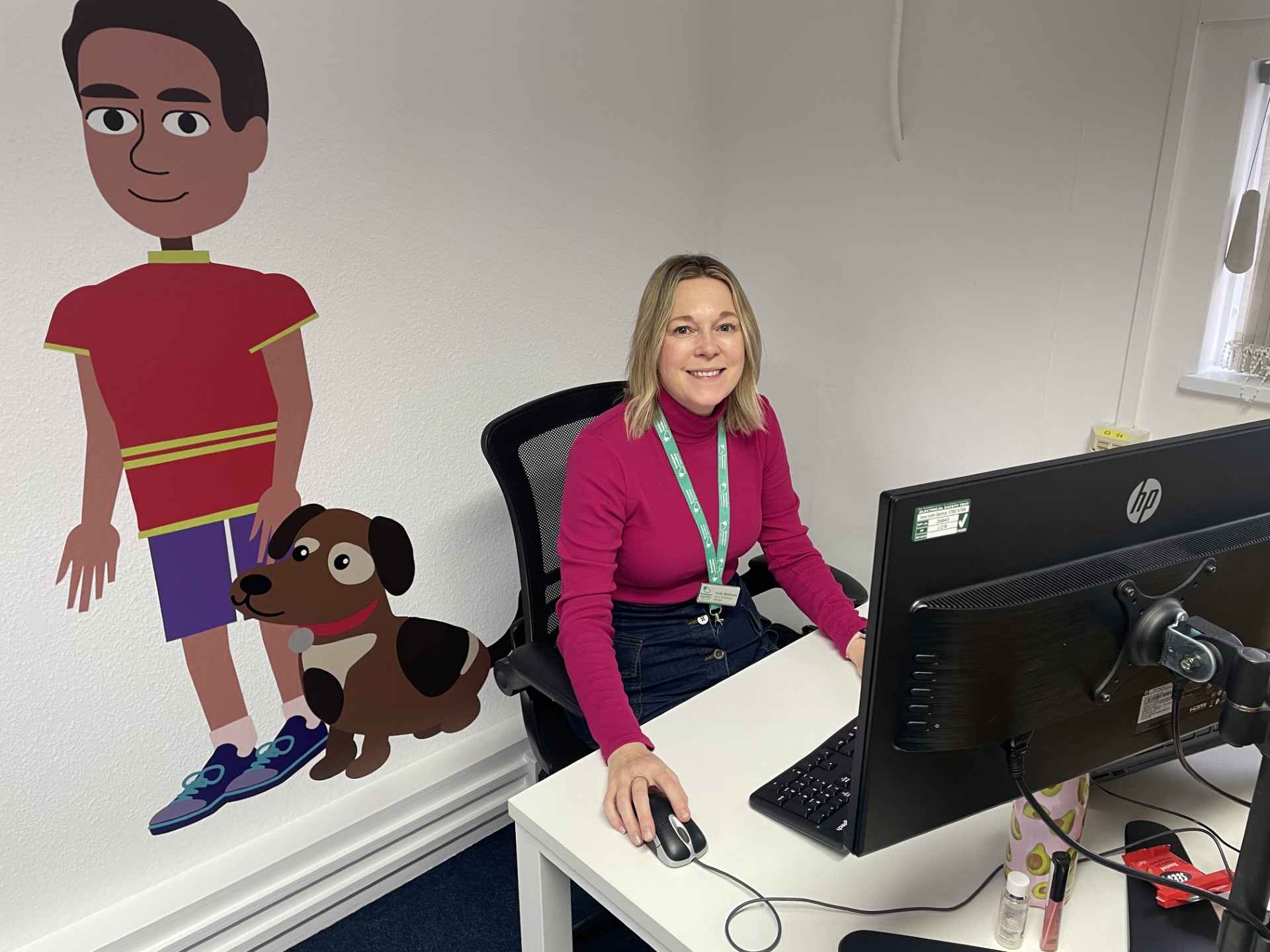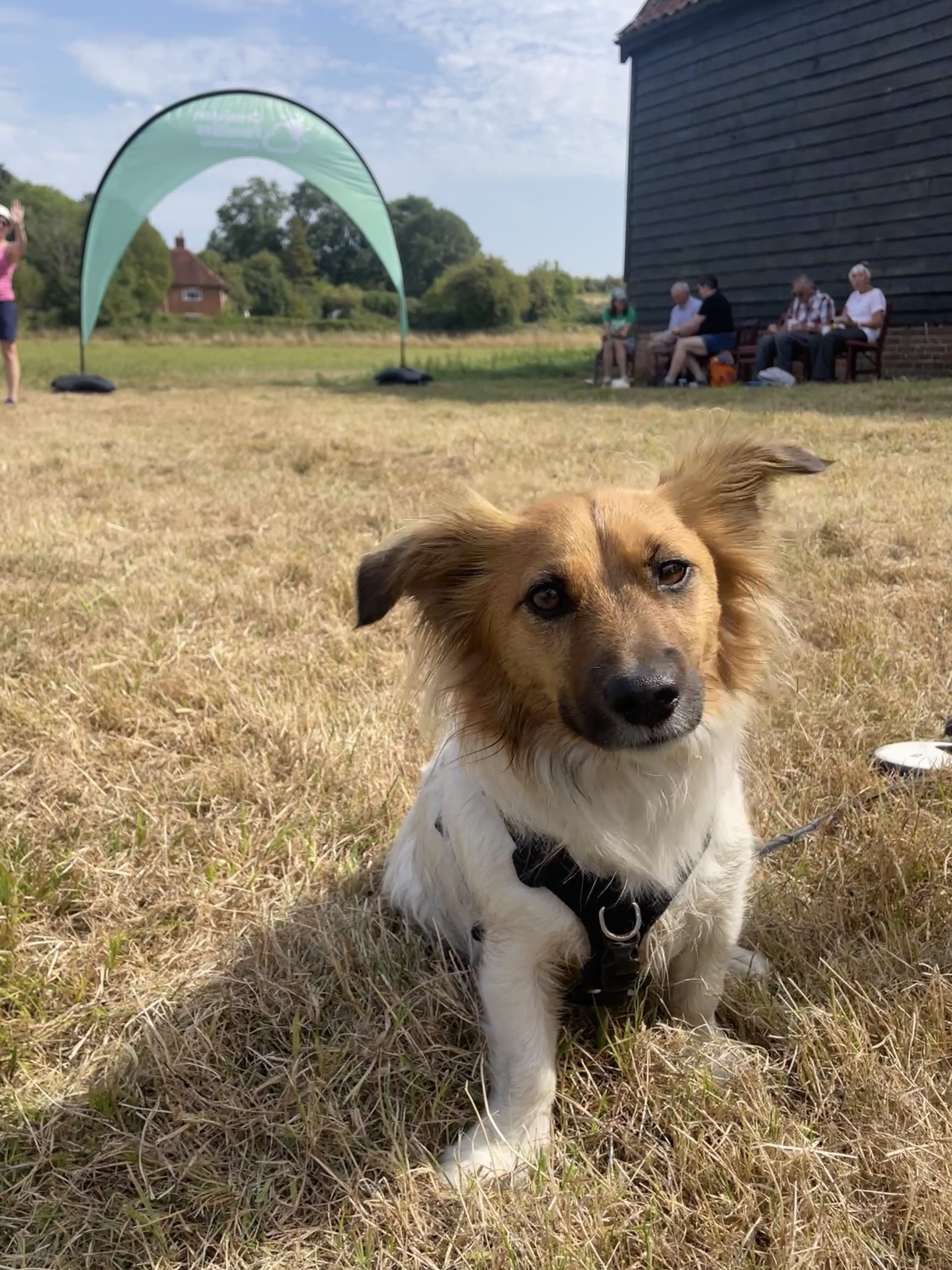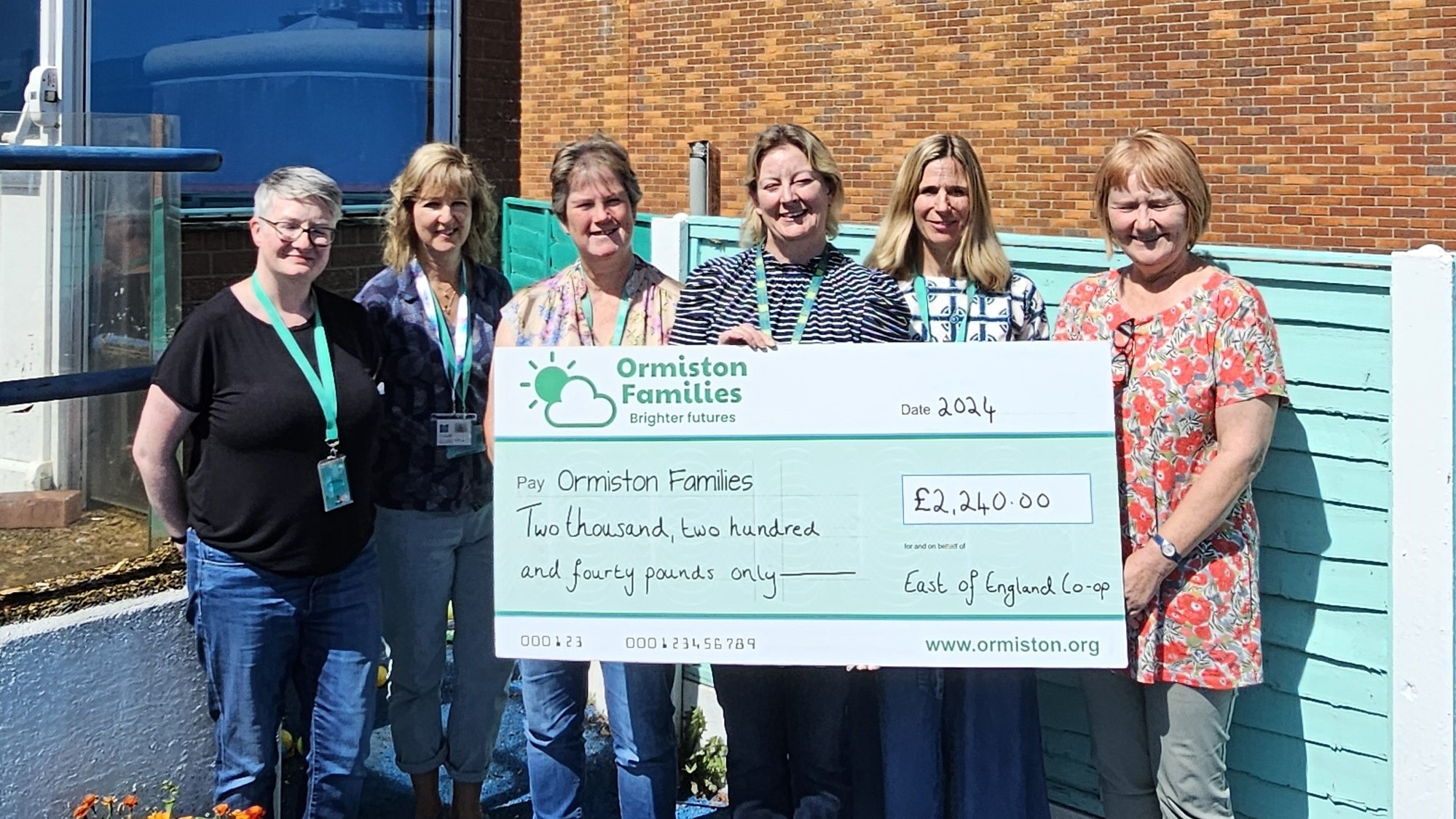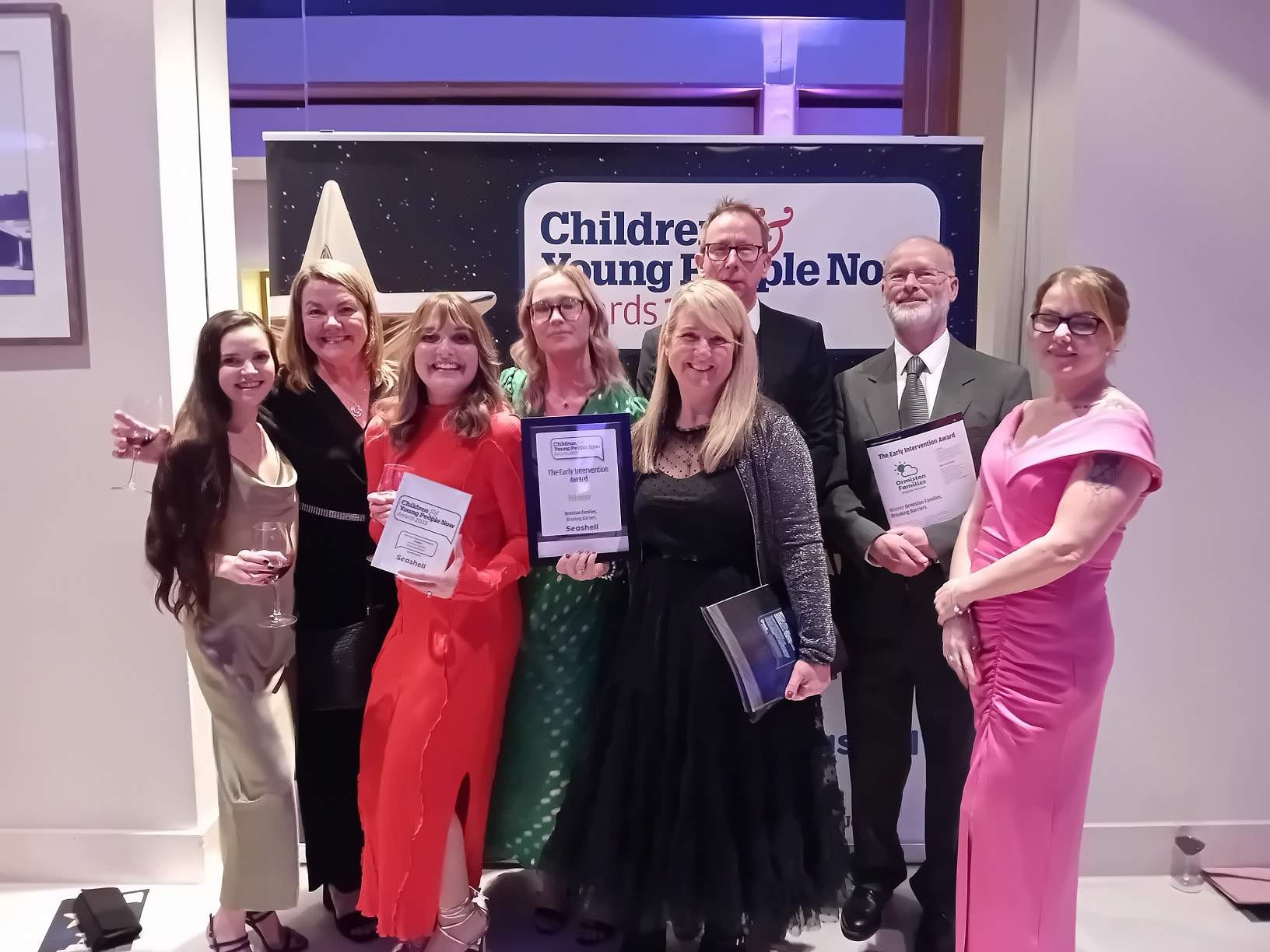
When a friend is grieving a loved one, it can be hard to find the right words to say to them.
You know they’re going through a very emotional time, and you want to support them.
But having to choose between giving them space and asking them about how they’re coping with their loss can put some of us off truly showing up for our friends at such a sensitive time.
The truth is that when we’re grieving a loved one, spending time with friends can bring about the conversations, distractions and laughter that can help us remember not only what that person brought to our lives, but also that we are strong enough to cope with that loss with the right support.
With that in mind, the team at Ormiston Families’ Stars children’s bereavement support service have come up with a list of five simple ways you can support a friend who has lost a loved one.
- Show them you’re there
After someone you care about loses a family member, telling them you’re there for them is important. Showing them you’re there for them is even more important.
Check in often and be a consistent presence in their lives as they come to terms with their loss. They may think of you as someone they can talk to so be prepared to be a good listener.
- Maintain connection
Bereaved children can sometimes become isolated and withdrawn. Everyday tasks and activities can be overwhelming. Be a good friend and include them in your plans. Be mindful that sometimes they might feel unable to join you, but they will appreciate that you have invited them and kept them in mind.
“Specialist bereavement counselling can provide children with an outlet for their unspoken feelings, helping them to make sense of what has happened in their lives.”
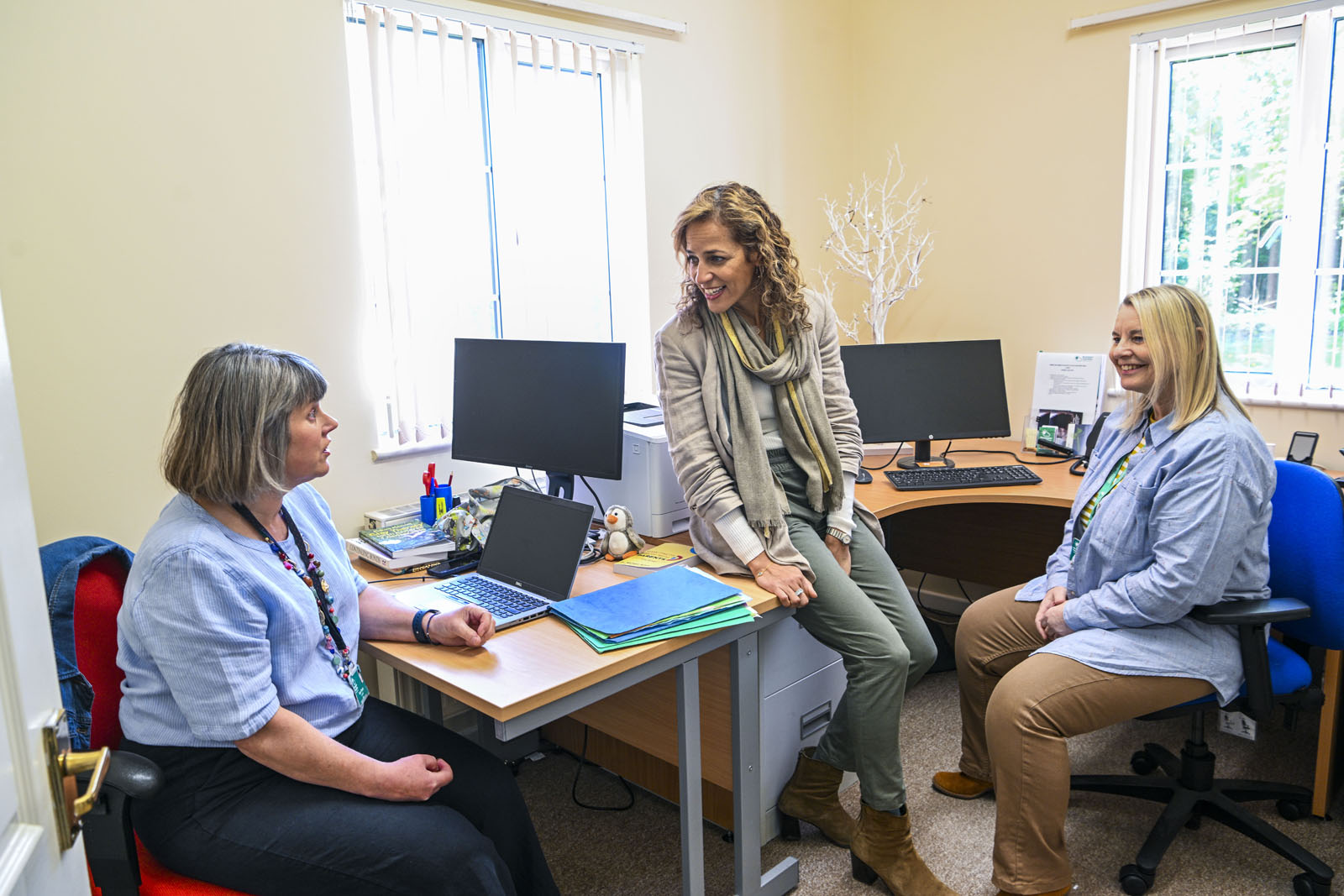
- Go for a walk
Going out for a walk with a friend can really help them to decompress and it gives them the opportunity and the space to open up about their thoughts and feelings in a relaxed environment.
Talking and walking means that you don’t need to eyeball each other – you can just enjoy the surroundings and each other’s company and see what happens. Sometimes your friend may not want to talk about their loss and that’s OK. But if they do want to share, try not to interrupt them or offer advice when the words start flowing.
There’s a reason we suggest a ‘walk and talk’ to get things off our chests – it really works!
- Support them at school
It can be very difficult and distressing for someone to return to school after the death of a loved one.
You can be a supportive friend by helping them readjust to school life when they’re ready to return.
This might be walking with them to school and sitting next to them in class and at lunch break. You can offer to help them with homework if they struggling to cope, and be there for them if they attend any after-school clubs or sports.
School provides many children with a comforting support network that can become vital when handling difficult situations at home. You can be part of that by looking out for your friend.
- Suggest further support
Lastly, remember that sometime bereaved people need additional support and it’s okay to suggest to your friend that this may help them.
Specialist bereavement counselling can provide children with an outlet for their unspoken feelings, helping them to make sense of what has happened in their lives.
These support sessions can help children realise that they are not alone in their grief, reducing feelings of isolation, improving communication about feelings with family members and creating the possibility of hope for the future.
Click here for more information on Ormiston Families’ Stars bereavement support service.
Additional resources relating to childhood bereavement can be found at www.winstonswish.org and www.childbereavementuk.org.
